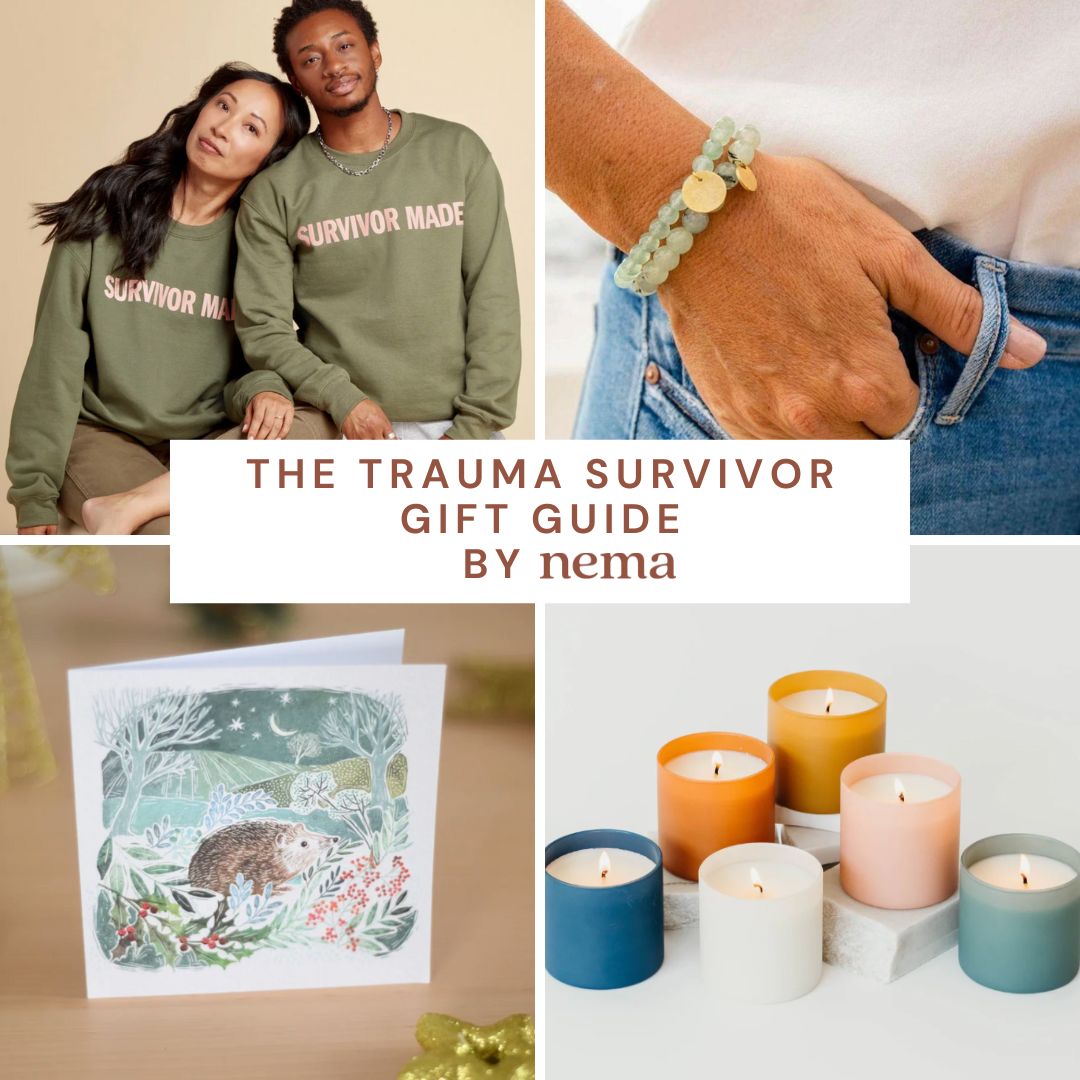Q&A with Dr. Sofia Noori, MD, MPH
Dr. Sofia Noori shares her expertise on PTSD treatment advancements and the future of mental health care in our latest Q&A.

Q: Tell me about yourself.
A: I was born and raised in the San Francisco Bay Area to a family of mixed heritage. My mother is a Chinese-Vietnamese refugee from the Vietnam war, and my father is Pakistani. I now live with my husband and our dog in Connecticut. In another life, I would have loved to be a jazz musician, and I still play the saxophone.
Q: Can you describe your medical background?
A: I went to medical school at UC San Francisco and completed psychiatry residency at Yale. At Yale, I trained extensively in both psychotherapy and medication management. I also cared for a diverse mix of people, including veterans, LGBTQI+ people, BIPOC, Spanish-speaking patients and more. Currently, I also practice part-time at Cornell Scott Hill Health Center, a safety net clinic.
Q: What is your experience with trauma treatment?
A: I deeply care about trauma survivors because of my own experience: when I was in college, I was sexually assaulted myself and developed PTSD. It almost broke me. Fortunately, I managed to heal and eventually became a rape crisis counselor. I very personally understand how quickly trauma can derail someone’s life. At Yale, I focused on PTSD and started formal training in cognitive processing therapy (CPT). I was also extremely lucky to count one of the inventors of CPT as a mentor: Dr. Kate Chard, who is currently a clinical advisor for Nema Health.
Q: Why do you think it is so important to see a therapist specifically trained in PTSD therapies?
A: Not all therapies are created equal when it comes to PTSD. General talk therapy is actually not considered a PTSD treatment because there are specific types of therapy that are proven to work better. It’s important to see a professional trained in one of these therapies because it gives people their best shot at getting better. Unfortunately, choosing the right therapist can be very confusing because many will mention that they address trauma, but don’t specify if they’re actually trained in an evidence-based therapy. The 2 therapies with the best evidence are CPT and Prolonged Exposure (PE). Eye Movement Desensitization & Reduction (EMDR) also has a sizable body of evidence. I would advise seeking out these treatments before exploring others. At Nema, we minimize confusion by only offering effective PTSD treatments so that patients know exactly what they’re receiving.
Q: I think I have PTSD, but I’m not sure. What can I do?
A: If you are distressed from exposure to actual or threatened injury, it’s quite possible that you have PTSD. PTSD symptoms consist of intrusive thoughts, avoidance of reminders, dark moods, negative self-talk, and hypervigilance. If this sounds like you, there is a validated symptom scale called the PCL-5 that you can take online to measure your own symptoms. Anyone who is concerned they may have PTSD can take the screener and schedule a free call with our staff to explore whether our treatment is right for you.
Q: I know I have PTSD, but I’m nervous about treatment. What should I do next?
A: I would recommend scheduling a free call with us! Information is power. We are here to help you recover, whether or not Nema is a good fit for you. We’re happy to talk over your options with you. In fact, we try to give referrals to everyone we talk to – so even if we’re not right for you, we’ll do our best to find someone who is.






